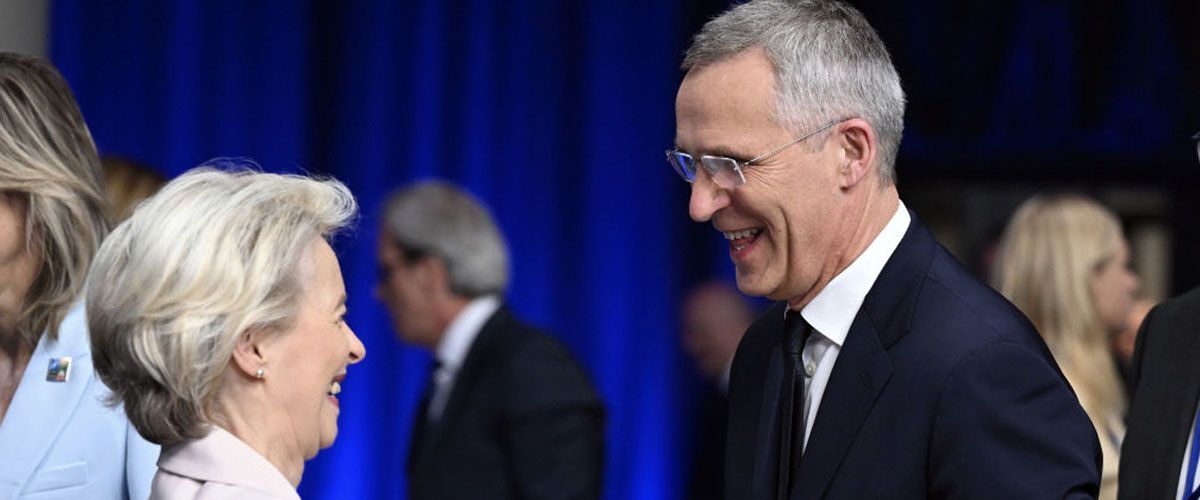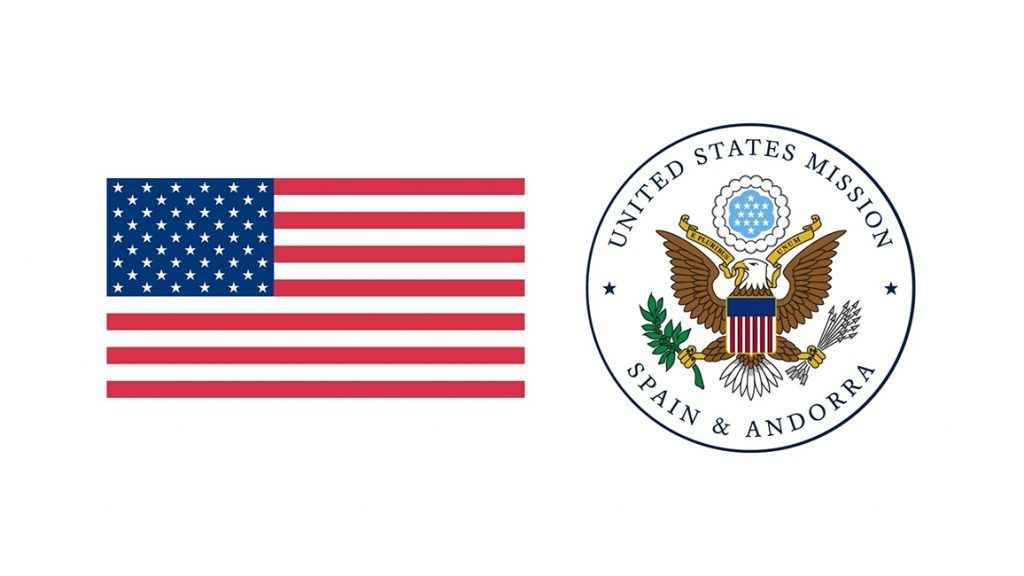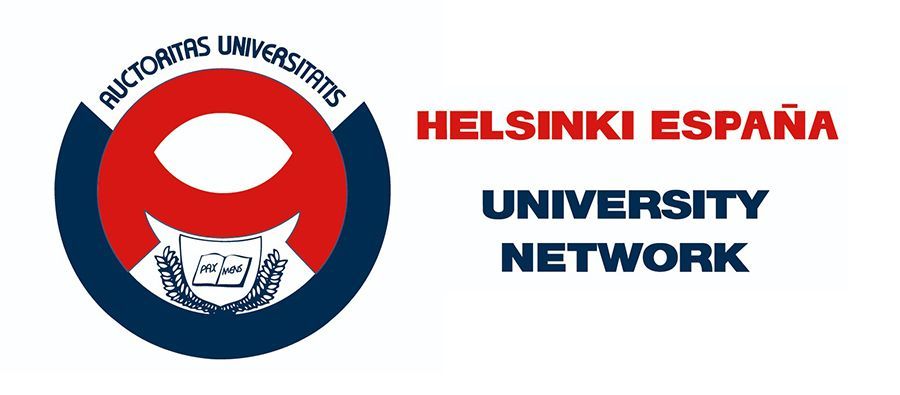Ganadores del concurso (2023)

Daniel Plazas Rodríguez
Universidad de Sevilla
Economía
El Futuro de las Relaciones UE-OTAN y la Autonomía Estratégica Europea
The European Union and NATO share a special link for many reasons, they were found after a world war to prevent it from happening again, the EU do this by linking the European countries economically, and NATO prevent a war by giving the member countries a guarantees made by all members of defending a member country if attacked, as the article V says. Also, most of the 27 members countries of the European Union are part of the Atlantic alliance, making up to 22 of the 31 members of NATO. Another shared thing, as the joint declaration on EU-NATO cooperation said, between those organisations are the western ideas of democracy and freedom with both organisations being composed of free democracies where the citizens have their right ensured, this ideas of democracy, freedom and rights are in the core of both organisations that try their best to ensure that these values are respected inside and outside of the border of the member states.
Even with the shared objectives that the European Unions and NATO share, there is a question made in the European Union, what should the EU relationship with NATO be. To answer this question an ambiguous concept has been created, strategic autonomy, a concept that the European Union understands as the capacity of the EU to act autonomously in important policy areas that includes defence, economy and protect European values. The ambiguity comes when we ask what autonomy really means. Autonomy means that the EU shouldn’t care about what NATO does? Or does it have another meaning?
For this question there is piece of advice that the treaty of the European Union give us, this advice is written in the article 42.2 of the treaty. This article, acknowledging the common objective of NATO and EU and that most countries are part of both organisations, states that the policy adopted by the EU shall not go against the policies adopted by countries inside NATO that see their defence realised in NATO saying that the EU common security and defence policy must be compatible with the common security and defence policy. The important advice this part of the treaty gives us is that the EU can develop its own policy to protect the member state, but this policy mustn’t contradict NATO policy and if we take this a step further, we can say that EU and NATO policy must be coordinated.
This coordination is the most sensible option, not only most members of NATO and EU are in both organisations but also in European affairs both have complementary competencies, NATO is a military alliance, their scope of competences is military matters, NATO doesn’t have competences in economies, safe of Western values or laws about cybersecurity or other issues. This is when the EU papers come in, European institutions must work for an economy that makes the member states not dependent on imperialist and authoritarian countries like China or Russia while also making laws that defend the Western values or respecting the rights of the European citizens. This necessary coordination is easily observed today, after the Russia aggression on Ukraine, NATO promptly allowed the inclusion of Finland into the organisation, a country bordering Russia that could see its territorial integrity threatened, NATO also conducted many military exercise between countries in the case of a Russian aggression but most importantly, NATO, coordinated together with the EU, deliver equipment to aid Ukraine while also giving training to their soldiers. However, to also defend from Russia we must cut economics ties with them, a thing that NATO is unable to do because the alliance doesn’t take economic or political decisions, but the EU does, the EU in solidarity with Ukraine and in coordination with NATO, as seen in Madrid Summit of 2022, took action against Russia, putting in place many sanctions and embargoes to Russian goods, while also aiding and coordinating the transition of the European economies to be able to live without Russia, mainly raw materials and goods related to electricity production.
In conclusion, we can say that the coordination of civil and military measures done by EU and NATO respectively is the right way to manage the defence and security of the European continent and Western values in a way that has been proved successfully before.





